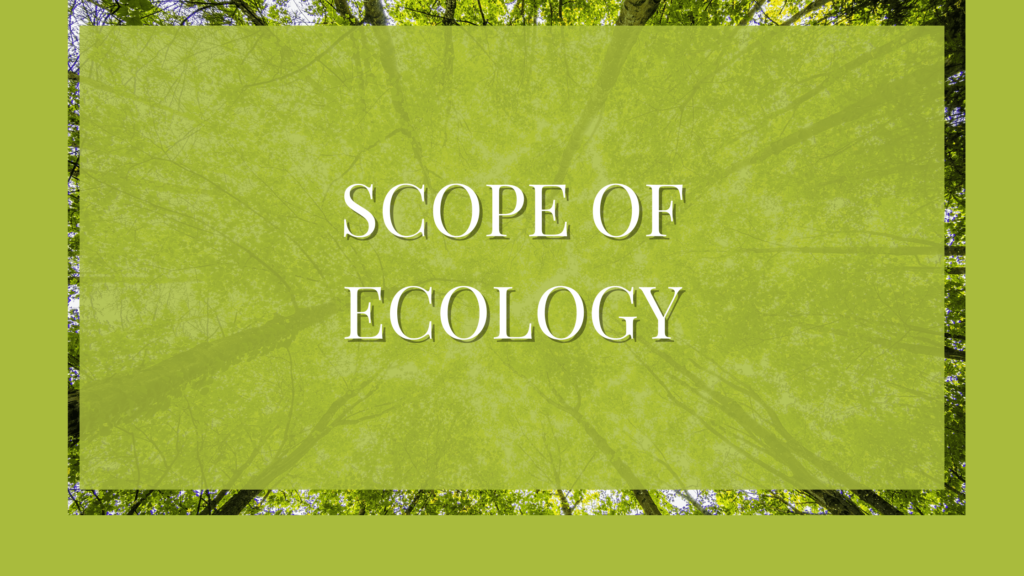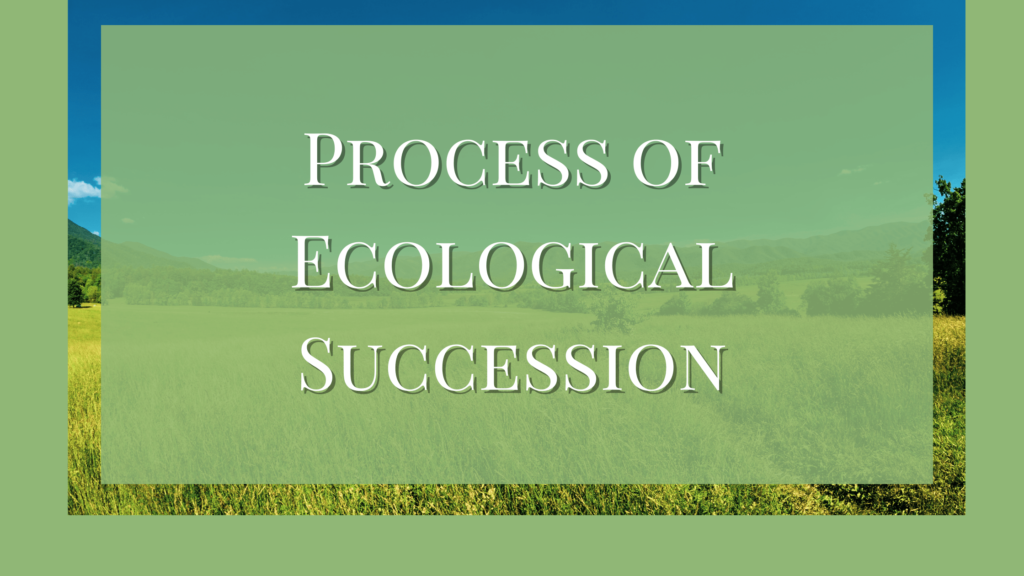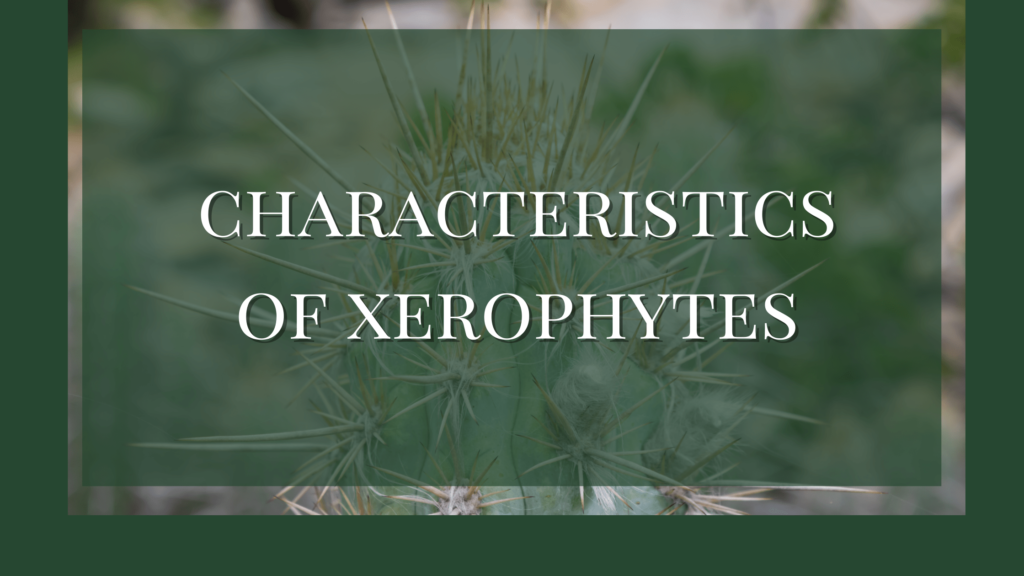From the scientific point of view, the scope of ecology is very high. It contributes to the human’s interest in his surroundings and it leads him to determine the combination of habitat factors responsible for the particular character of vegetation.
Value of Ecology in Agriculture
Ecology plays a significant role in agriculture, silviculture, forestry (the art and science of culturing forest trees and crops), soil conservation, pest control, plant pathology, sanitation, wildlife conservation, etc and the results obtained are of considerable importance.
The application of ecological principles in agriculture helps promote biodiversity conservation and better productivity of agriculture.
Ecosystem services are an important aspect of agricultural ecosystems. Studying them helps the farmers understand the different mechanisms involved in farming. It also helps them create diverse habitats on their farms. These can lead to improved crop yields and reduce the use of synthetic materials.
Integrated pest management (IPM): Ecology is the foundation of IPM, which reduces over usage of chemical pesticides. Understanding the ecology of pests allows farmers to bring in healthier strategies such as biological control, crop rotation, habitat diversification, and cultural practices for pest management. These practices will have minimal impact on the environment.
Agroecology
Agroecology uses ecological principles for sustainable and resilient food production. Agroecological practices include organic farming, agroforestry, conservation agriculture, and the use of cover crops.
Scope of ecology in soil conservation and fertility
Ecology provides insights into the processes that maintain soil fertility and structure. By studying soil ecology, farmers can understand the interactions between soil organisms, nutrient cycling, and organic matter decomposition. This knowledge enables the implementation of practices such as crop rotation, cover cropping, composting, and reduced tillage, which help build soil organic matter, improve soil structure, reduce erosion, and enhance nutrient availability for crops.
Water management
Ecology is vital for sustainable water management in agriculture. Understanding the hydrological cycle, water availability, and the interactions between plants, soil, and water helps optimize irrigation practices and reduce water use. By implementing water-efficient techniques like drip irrigation, precision agriculture, and water-saving strategies informed by ecological principles, farmers can conserve water resources and minimize the negative impacts of agriculture on water quality and aquatic ecosystems.
Conservation of genetic resources
Ecology contributes to the conservation and sustainable use of genetic resources in agriculture. By studying the ecology and distribution of crop wild relatives, traditional landraces, and diverse genetic resources, scientists can identify valuable traits for crop improvement and develop strategies for their conservation. Preserving genetic diversity is crucial for adapting agricultural systems to changing environmental conditions, disease resistance, and maintaining the resilience of crops in the face of pests, diseases, and climate change.
Withstand climate change
Ecological knowledge is essential for building resilience in agriculture against the impacts of climate change. By understanding the interactions between climate, ecosystems, and agricultural systems, farmers can implement practices that enhance the adaptability and resilience of their farms. This may include diversification of crops, using climate-smart agricultural practices, optimizing planting and harvesting times, and developing strategies to cope with extreme weather events.
The radiation ecology has opened up a new chapter in plant ecology. Radiation may be harmful but its usefulness is evident in the improvement of crop plants. Such radiation experiments have resulted in the production of high-yielding and disease-resistant crops.
Scope of Pollution and Productive Ecology
The problem of air and water pollution is challenging for the entire world. Various methods and means to eradicate this issue are being found across the globe. It is the ecologists who are at this task, who study such problems to find suitable remedies.
Another important study is the productive ecology which has become quite popular in the past few decades. It aims at studying the net photosynthetic organic matter that is available from a community or an ecosystem. Such studies carried out on a comparative basis give some important data that can be utilized in improving the productive capacity of an ecosystem.
Scope of Ecology in Space
The project of the utilization of some unicellular algae in spaceships to provide necessary oxygen and food, and the utilization of carbon dioxide and other waste matter emitted from the human body, is achieving greater importance.
With the intelligent application of knowledge gained from ecological study, man can go a long way in establishing a healthy and long-lasting balance with both wild and domestic plants as well as animals and their environment. Through ecology, human beings can learn to extract their requirements from natural communities.
Ecology of Marine Life
Another intelligent application of ecological knowledge lies in making the most out of the rich harvest of the seas. Ecology in marine life focuses on the study of organisms and ecological processes within marine environments, including oceans, seas, and coastal areas.
Marine ecology is not less important than land studies but it is still in the progressive stage and there is a lot that is yet not done in this field. It encompasses the interactions between marine organisms, their habitats, and the physical and chemical factors that shape marine ecosystems.
Marine ecology investigates a wide range of topics related to marine life, including:
- Marine ecologists examine patterns of biodiversity, species distribution, and the factors influencing species richness and abundance.
- Oceanographic studies provide insights into temperature, salinity, currents, and nutrient availability, which influence the distribution and behavior of marine organisms. The study on coral reef bleaching is one such example.
- Habitat dynamics: Ecologists investigate the structure and functioning of these habitats, including the role of primary producers (e.g., phytoplankton, seaweeds) and the interactions between species within these ecosystems.
- Marine food webs and energy flow are central to understanding marine ecology through the study of feeding interactions and trophic levels within marine ecosystems and the effects of these interactions on population dynamics and community structure.
- Marine conservation works on assessing the health and resilience of marine habitats, identifying threats such as overfishing, pollution, habitat destruction, and climate change, and developing strategies for sustainable management and conservation.
- Marine life history and behavior help understand the life cycles, reproductive strategies, and behavior of marine organisms through various aspects such as migration patterns, mating systems, parental care, and the adaptations that allow organisms to survive and thrive in marine environments.
- Climate change impacts study the effects of climate change, including rising sea temperatures, ocean acidification, and sea-level rise and its impacts on marine life.
- Human impacts: The scope of marine ecology also includes studying the influence of human activities on marine ecosystems. This involves assessing the impacts of pollution, coastal development, overfishing, habitat destruction, and the introduction of invasive species, as well as exploring sustainable practices and conservation strategies.
As science and technology are advancing new horizons are appearing in the science of plant ecology in different fields as well.
References
- Shukla, R.S. and Chandel, P.S. (2001) Plant Ecology. S. Chand and Company Ltd., New Delhi.
- Verma, P.S., Agarwal, V.K. (1999). Cell Biology Genetics Molecular Biology Evolution and Ecology. New Delhi: S. Chand Co. (Pvt) Ltd.




